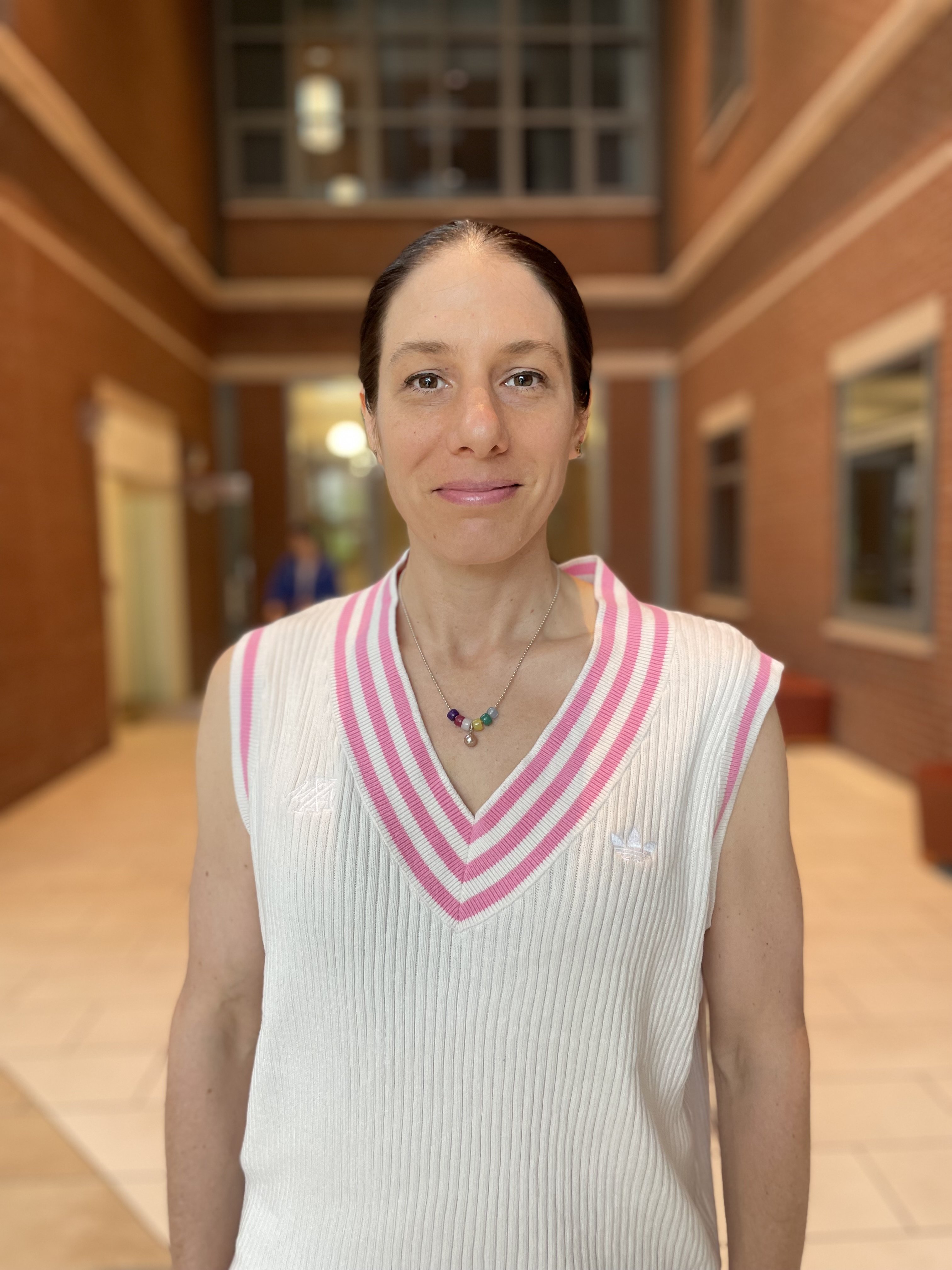
by Emily Halnon
Rachel Steinhardt, assistant professor in the Department of Chemistry, has been awarded a CAREER grant from the National Science Foundation, for her project, Chemical Tools for Bio-Orthogonal Neuromodulation.
One of the most perplexing challenges in neuroscience is how to explain the brain’s ability to learn and change itself. This function of the brain enables a large slate of behaviors and mental states, including sleeping, wakefulness, mood and attention. And while it’s understood that connections between cells are at the heart of this neural activity, how those connections work, change and fuel these behaviors remains a mystery.
This project aims to better understand how individual cells communicate to create brain activity. The Steinhardt Lab will probe two key chemicals involved in this phenomenon – dopamine and serotonin. Steinhardt’s team will examine the chemicals’ molecular behavior to better understand how they fuel the neural activity that drives brain functions like sleep, learning and memory.
Conventional imaging tools like MRIs can’t offer adequate insights into this process because they don’t capture the smallest scale of neural activity. So, Steinhardt will develop and use new tools that will allow her to specifically investigate the molecular level of the brain, which will enable her to make discoveries that wouldn’t be possible through traditional imaging methods. These innovative chemical tools will include genetically engineered molecules and light that can stimulate individual cells and illuminate key molecular interactions that are involved in certain neural activity.
While conventional methods examine neural activity by focusing on the brain as a whole, this bottom-up experiment will look at individual cells to make discoveries about how the neural network functions. This research project should help build a fundamental understanding of how serotonin and dopamine control different behavior, including sleep, mental illness and addiction. This fundamental science could be applied to things like more effective treatments for mental illness. Some of Steinhardt’s other research focuses on the molecular chemistry of conditions like post-traumatic stress disorder.
